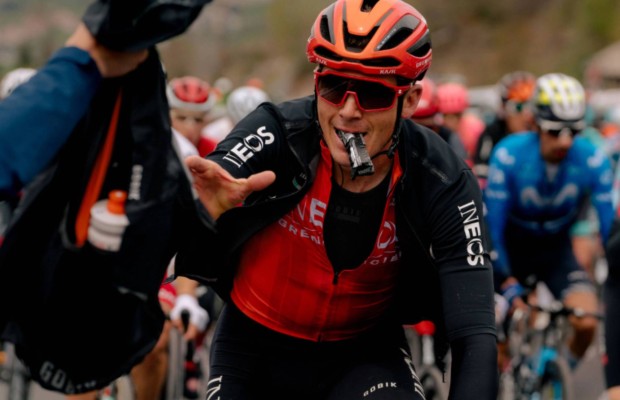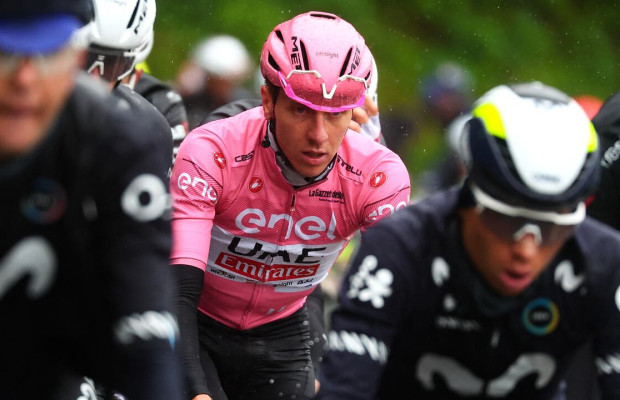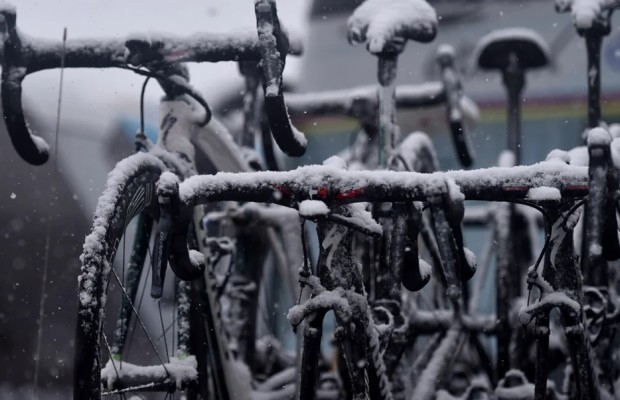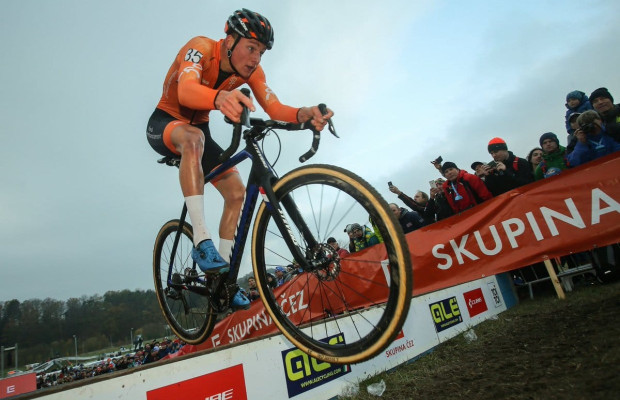The EF director responds to the proposal to reduce speed in competition: "These fat cats, who have never raced so much as a child’s tricycle"
A few days ago, the International Association of Cycling Race Organizers held its general assembly in which the issue of safety, as expected, came to light following the death of Swiss cyclist Muriel Furrer at the last Zurich World Championships. A meeting that left some surprising statements from Tour de France director Christian Prudhomme that have not been long in receiving a response.
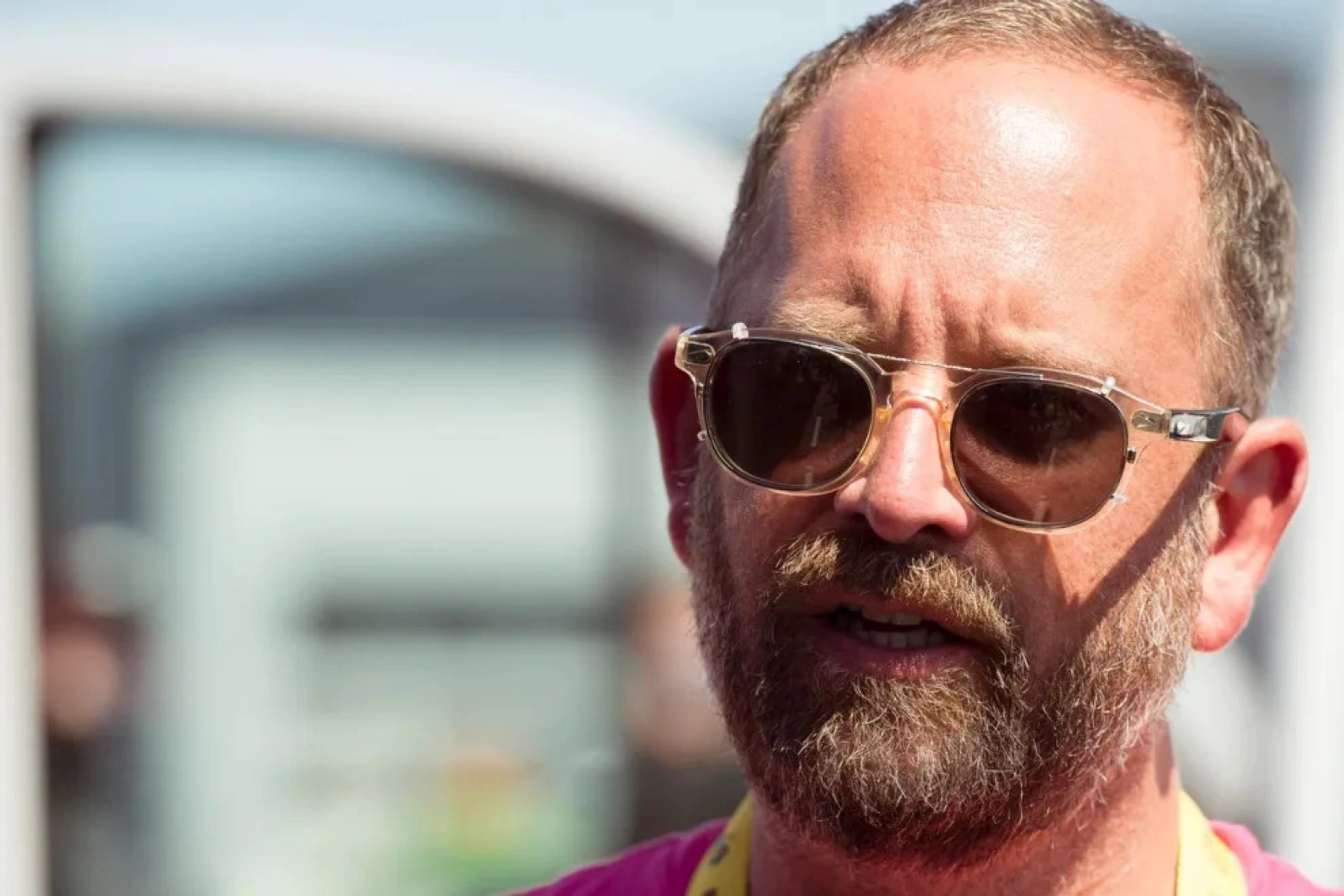
Organizers blame cyclists for lack of safety
"Beyond the behavior of the cyclists and the work of the organizers, it is absolutely necessary to reduce speed with appropriate measures: the riders are going too fast," are the incendiary words that Tour de France director Christian Prudhomme left at the AIOCC General Assembly.
Prudhomme also referred to the fact that the higher the speed, the greater the risks and they have little margin of safety in case, for example, they lose control on the descent of a mountain pass or in urban layouts.
To be less glib: It is absolutely infuriating to me how these fat cats, who have never raced so much as a child’s tricycle, turning tens of millions in profit off the backs of others; squarely throw the blame of safety issues in cycling on the riders. https://t.co/xsZ7MENoHk
— Jonathan Vaughters (@Vaughters) November 25, 2024
This is not the first time that the Tour organizer has spoken out about safety, in fact, a few months ago he advocated for the introduction of improvements in cyclist clothing safety to minimize the consequences in case of a fall. In this assembly, the issue of safety has gained special relevance following the death of Swiss cyclist Muriel Furrer during the World Championships.
However, Prudhomme's words have not been well received. The most outspoken has been EF Education-EasyPost director Jonathan Vaughters, totally outraged while pointing out that, without ever having raced, the organizers were "...making millions in profit at the expense of others and blaming cyclists for safety issues in cycling."
These harsh statements only deepen what riders, teams, and even fans often denounce, seeing the real traps in which organizers often put the peloton to meet their commitments with a particular finish or passing through a certain town.
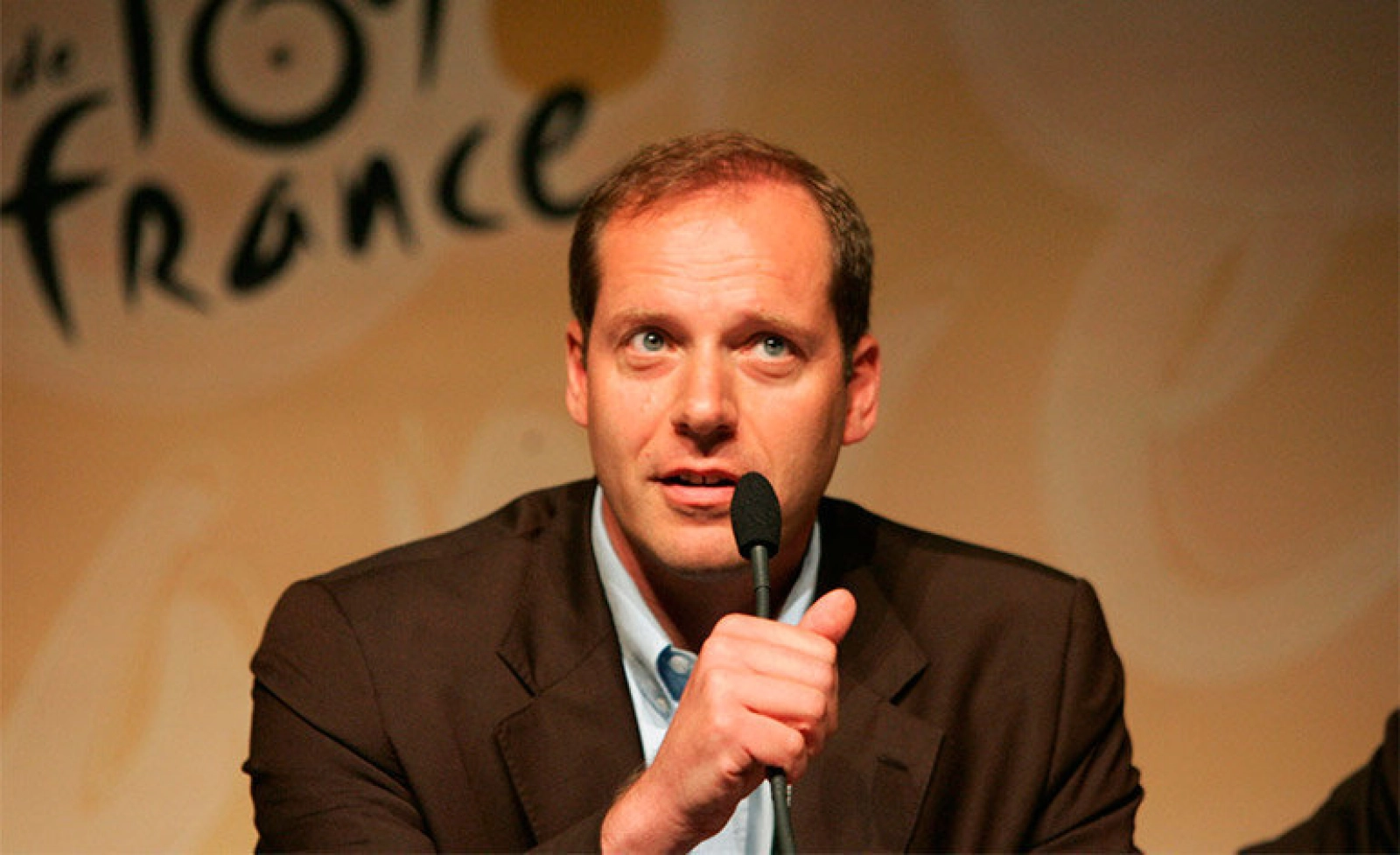
It is also curious the lack of self-criticism shown by the organizers when assuming their share of responsibility in designing the routes or removing obstacles in the race. Something that, yes, in that Christian Prudhomme's words are right, is aggravated by the higher speed at which races are contested due to better prepared cyclists, more efficient bicycles, etc.
Finding the best solution does not seem easy but it is necessary, both from the side of the organizers and the cyclists, to avoid situations like the one experienced during the Itzulia, with the serious fall in which a good number of relevant names were involved and that conditioned the development of the rest of the season for cyclists like Jonas Vingegaard. A fall that occurred in a curve that all the cyclists in the environment seemed to know and mark as very dangerous except the organizer himself.
